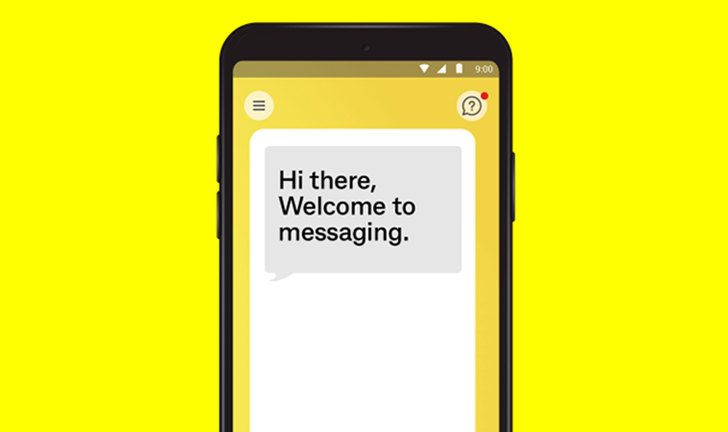Help & support
Job scammers lure you in with jobs that require little effort for a high financial reward, and that appear to make money quickly.
Scammers will typically advertise on social media or legitimate employments sites. They might even contact you directly, through email, encrypted chat applications, over the phone or in a letter.
You might be asked to pay a fee in exchange for guaranteed employment. Once you pay the fee, you're unlikely to be paid for any work you complete, and may not receive any job offers.
Scammers may ask you to provide your bank account details or your PayID to receive a payment. You may then be asked to transfer the money received to another bank account or cryptocurrency exchange - often with a promise to receive a percentage as a commission or wage. This is known as money muling, and is often facilitating the transfer of illegal and likely stolen funds.
Remember if anything feels odd; Stop, Check, and then if it’s not legitimate, Reject.
If you find a potential job scam hosted on a job platform, you can also report the job advert on the platform, to help others avoid falling victim to it.
Remember if anything feels odd; Stop, Check, and then if it’s not legitimate, Reject.
If you find a potential job scam hosted on a job platform, you can also report the job advert on the platform, to help others avoid falling victim to it.
Message us immediately if you're worried about the security of your account. Our virtual assistant Ceba can help you lock your card or securely connect you to a specialist.

If you (or someone you know) is a CommBank customer and has been targeted or lost money as a result of being scammed, contact us.
Report the scam via the Australian Cyber Security Centre. Reports may be referred to the police for possible investigation.
Change your passwords and PINs straight away if you suspect your security has been compromised. Change these regularly as a preventative measure. If you’re concerned your device still has malware, take it to IT to have it checked.
Contact IDCARE on 1800 595 160. IDCARE is a free, government-funded service that provides support to victims of identity crime.
Ceba can help you lock your card or securely connect you to a specialist in the CommBank app.
Fast-track your call, see expected wait times and connect with a specialist in the CommBank app.
Send us a copy or screenshot if you receive a hoax email or SMS.